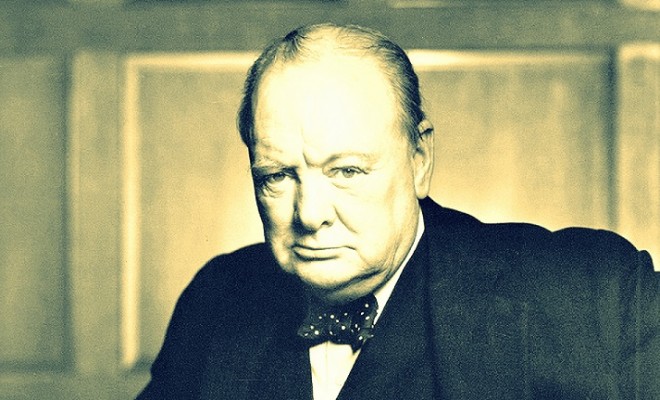
A Churchillian answer to the Covid debt
State spending is the highest it’s been since the 1970s. The tax burden is the highest it’s been since the 1950s. Government debt is at record heights too – twice as high as 20 years ago as a percentage of GDP, and seven times as high in cash terms – over £2 trillion, or around £72,000 per household. Yet still the Government plans to spend more, tax more and borrow more.
With debt like that, you can see why the Government might give up on the idea of ‘balancing the books’. First, a £2 debt is a problem, but a £2 trillion debt is a statistic. What difference would the odd £200 million (or £200bn) more make? Second, £2tn is such a huge number, that ministers (who won’t be around forever) might see no point in even trying to curb it. And third, a lot of this debt is due to Covid, which they see as just bad luck, rather than profligacy.
True, much is due to the cost of pandemic measures – furloughs, welfare, loans and lower lockdown tax revenues – maybe £550bn of it, or nearly £20,000 per household.
But if we really are committed to ‘balancing the books’, we need to isolate the Covid debt and treat it as the once a century war-type debt that it is, so we can focus on the real problem – the day-to-day public finances. We need to treat the Covid debt differently from our ongoing, ‘normal’ borrowing. That means accepting that it takes a long time to pay off the costs of wars and pandemics, and postpone the repayment of this exceptional borrowing until the economy is in far better shape.
Συνέχεια εδώ
Πηγή: capx.co



